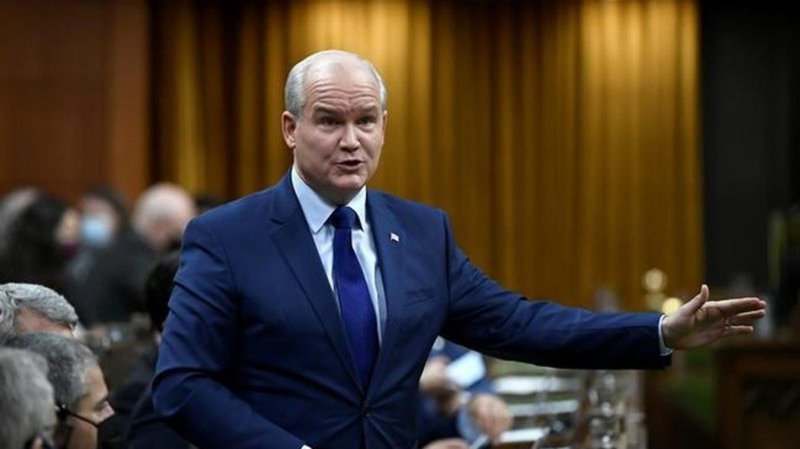
Despite dissent, O’Toole poised to end 2021 where he started it — as Tory leader
OTTAWA — If the Conservative Party of Canada were a person, it would have reached the age where it could vote and legally drink in half the provinces.
Like many 18-year-olds, the party is deciding its future, searching for an identity and rebelling against authority.
Three months after losing to the Liberals in a general election — and amid calls from members of caucus and the broader party to trigger an early review of his leadership — Erin O’Toole remains at the helm of the party.
He’s held on to the job long enough to watch the party of Stephen Harper — who united the old Progressive Conservative and Canadian Alliance parties under the Conservative umbrella — reach a milestone this month: emerging from adolescence into young adulthood.


